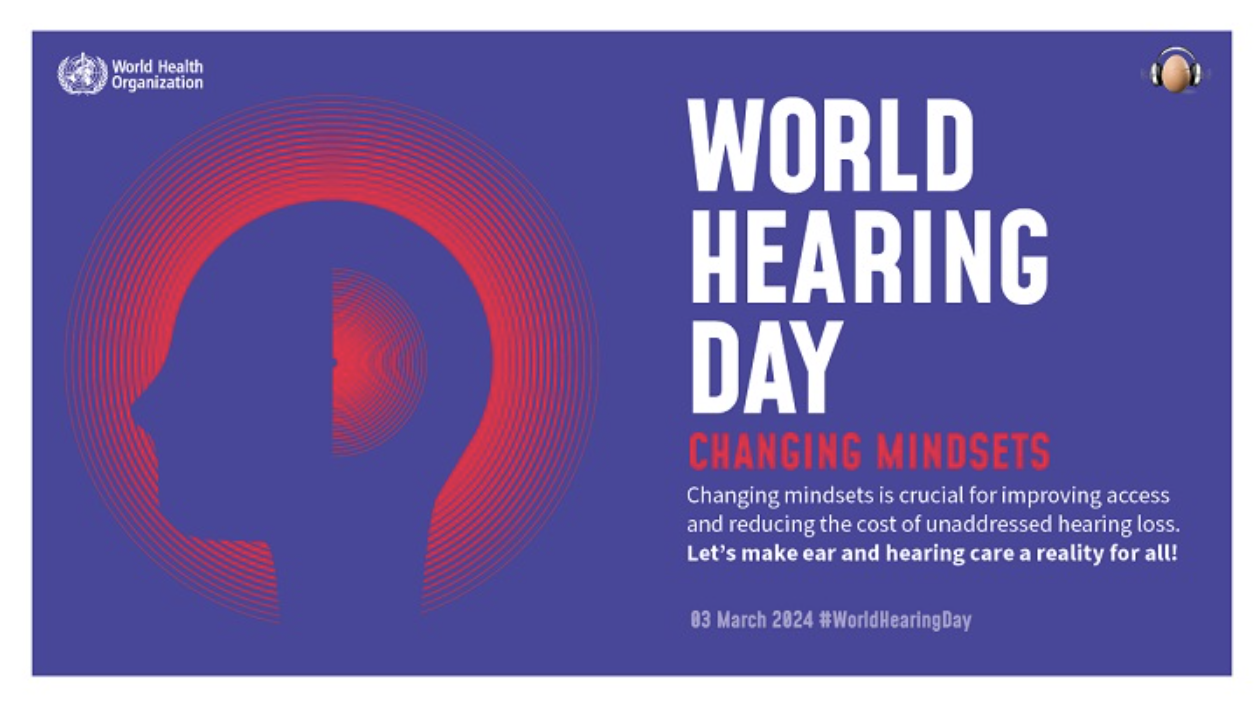
How to ask someone about their hearing loss
March 8, 2019
5 things that can make tinnitus worse
March 12, 2019What I learned at the Canadian Hard of Hearing Youth Forum

Last November, I was fortunate enough to attend the Canadian Hard of Hearing Association Youth Forum in Ottawa. It was a great experience.
At the youth forum, I connected with other young adults who have hearing loss. I also learned many important advocacy skills. These will help in my journey to reduce barriers and stigmas surrounding hearing loss.
In conversations, many heads swiveled back and forth to read lips. There was no shame in asking someone to repeat for the fourth time since all of us have hearing loss, we didn’t have to explain our needs. Our shared understanding of what it was like to have a hearing loss made for a unique atmosphere.
“Since all of us have hearing loss, we didn’t have to explain our needs.”
Presentations
The presentations and content were targeted at young adults and teenagers. There were tips on how to get accommodations, especially in a university setting. One that stood out for me had to do with essential requirements, which are the necessary obligations of each course. In other words, they’re what the student must demonstrate in order to pass. Sometimes the methods used by professors to fulfill the essential requirements aren’t accessible for people with hearing loss. For example, say an essential requirement is to demonstrate knowledge but is done so through group discussion. With hearing loss, group discussion is not a fair assessment of knowledge. In this scenario, if you know that the main purpose of group discussion is to prove knowledge of the material, the professor may be amenable to a written response instead as this accommodation doesn’t alter the essential requirement.
In a more informal session called “Hearing Loss Hacks,” we learned about little personal things that some people did to try to make their lives easier. More unorthodox or “out of the box” ideas were presented that were shown to be somewhat effective. One such hack was for people with cochlear implants who want to take their “ears” off without losing them – just stick them to the fridge. This suggestion was met with laughs. The picture on the screen showed a bright blue processor stuck to the fridge holding up a grocery list. Another hack is to try to sit with your back to the wall or at a corner table in a noisy restaurant. This way there’s no extra background noise coming from behind.
“One such hack was for people with cochlear implants who want to take their “ears” off without losing them – just stick them to the fridge.”
Inspiration
Hearing loss hacks aside, it was empowering to be around so many inspiring individuals who are leaders in their communities. Each is doing his or her part to combat stigmas surrounding hearing loss. Yat from Vancouver started his own business called Acoustic Wear, which ties advocacy and fashion together. Stylish sayings and designs act as a unique way to bring awareness to hearing loss. There was also Kelsey, an artist, who was born hard of hearing and suddenly lost her hearing when she was 20. She gave a dynamic presentation about her aspiring, rising career as an artist and her worsening hearing loss and struggles with tinnitus. The list goes on and on.
Something else that really resonated with me was a term from Kelsey’s presentation – “deaF.” This means deaf fluid, and is used to show that hearing loss can be a spectrum. There are many different types of hearing loss and not one word that fits us. This word does a good job.
Read more: Meet Phonak Teen Advisor Madeline Brinkmann
I hope to be able to attend the National Conference in Montreal next May. I want to continue learning about things that will help me on my journey of advocacy. If you haven’t had the opportunity to attend the Youth Forum, I highly encourage you to go to the conference or find a similar event.
Have you ever been to an event with other hard of hearing teenagers? Let us know in the comments.




